مقتطفات
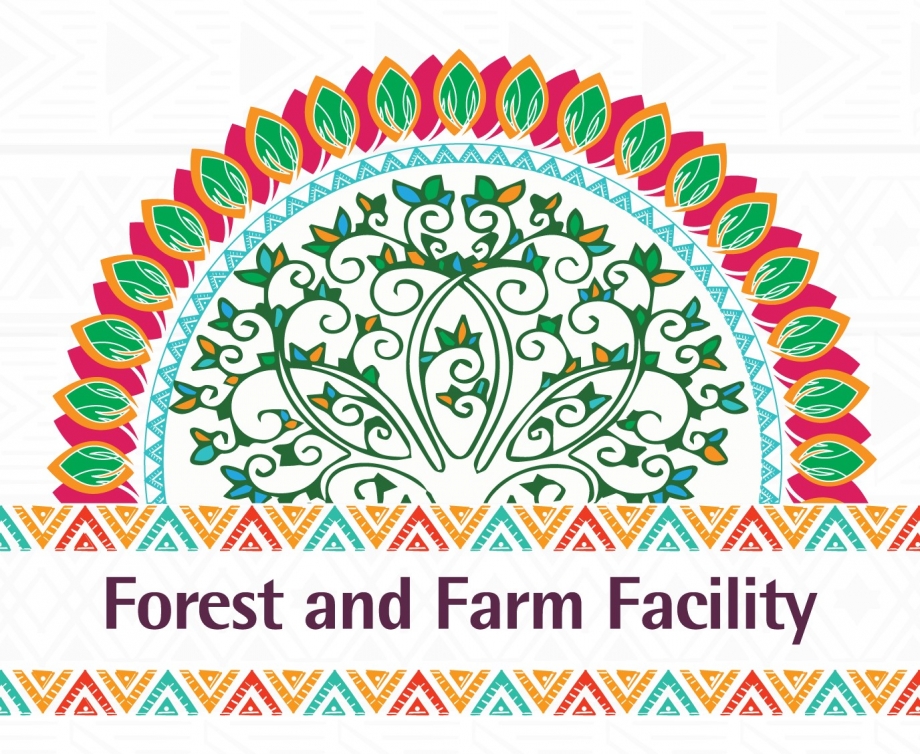
FFF is seeking a Programme Specialist. If you are passionate about grassroots organizations representing smallholders, rural women’s groups, and indigenous peoples and if you have good analytical/writing skills and community forestry experience, please apply by May 27th.
Cécile Ndjebet, Forest Champion 2022
10/05/2022
10/05/2022
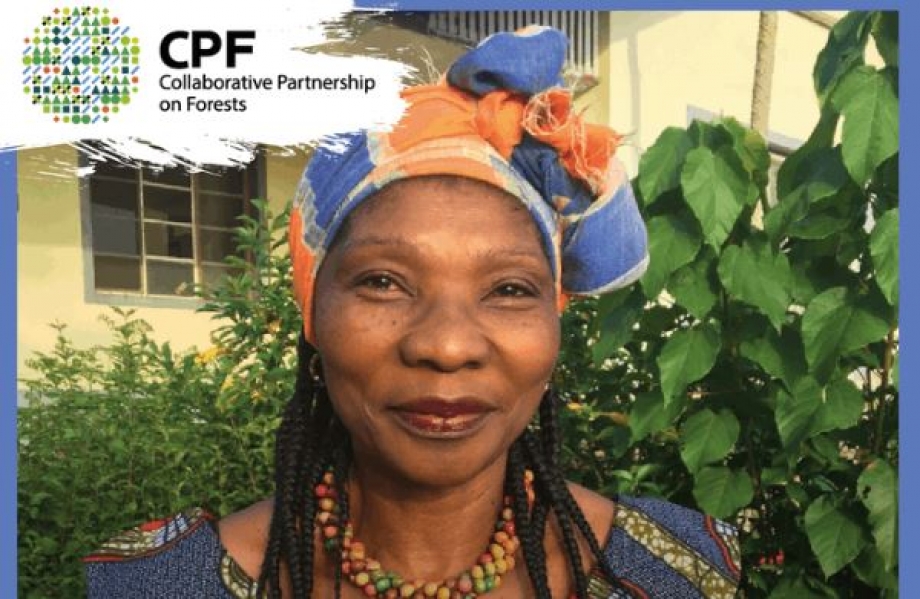
Cécile Ndjebet, our FFF Steering Committee member, and co-founder and director of REFACOF is the winner of the 2022 Wangari Maathai Forest Champions Award. The FFF congratulates Cécile for her work with rural women to ensure their rights to land and forests.
FFF at the World Forestry Congress
29/04/2022
29/04/2022
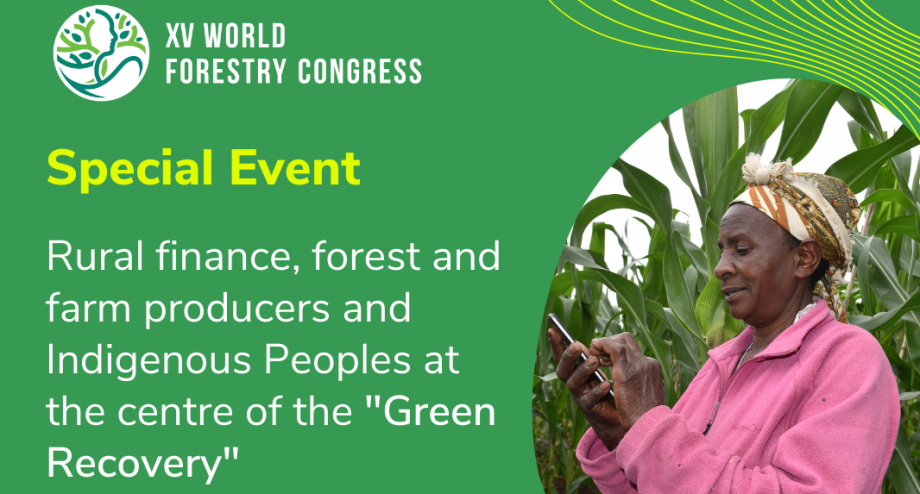
The Forest and Farm Facility has been engaged in the organization of three events. You can watch the replay of our events. Learn more about FFF's participation in this year's World Forestry Congress.

The forest team of the the Natural Resources research group, at IIED is seeking a new researcher to join the team. The forest finance researcher is an exciting role new role, working closely with IIED colleagues and a network of international partners with special emphasis on sub-Saharan Africa.
FAO Legal Brief on Family Farming
22/04/2022
22/04/2022

Under the framework of the UN Decade of Family Farming, FAO developed this bief to assist its Members to implement context-specific interventions focused on the multidimensionality of family farming.
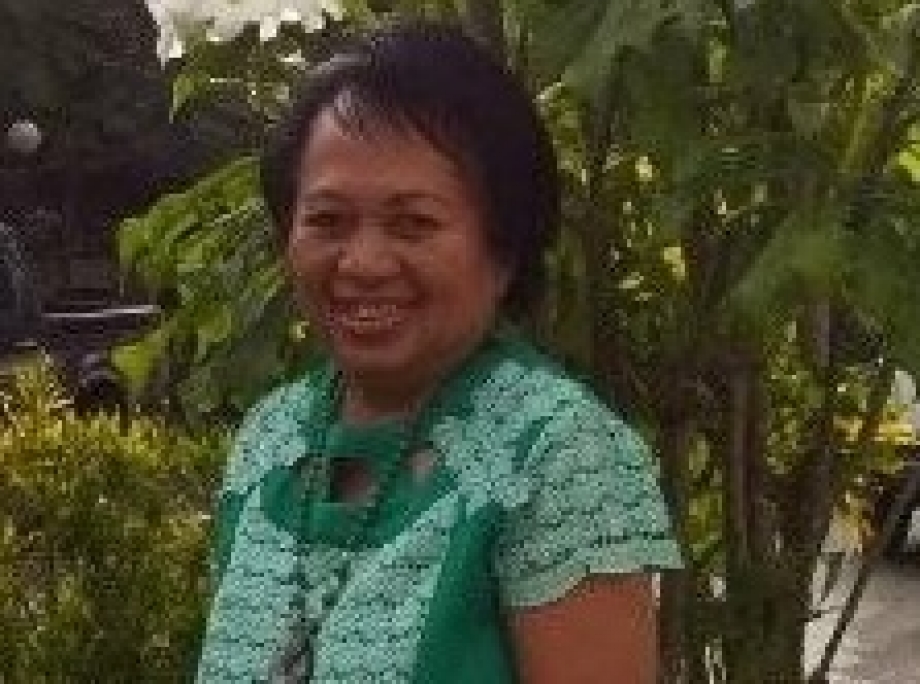
FFF rend hommage à Lucie Noasilalao, femme remarquable, Présidente de la Plateforme Nationale Femme, Développement Durable et Sécurité Alimentaire, pour ses engagements et son dynamisme dans la valorisation et la conservation de l’environnement à Madagascar. Elle restera à jamais dans nos cœurs.
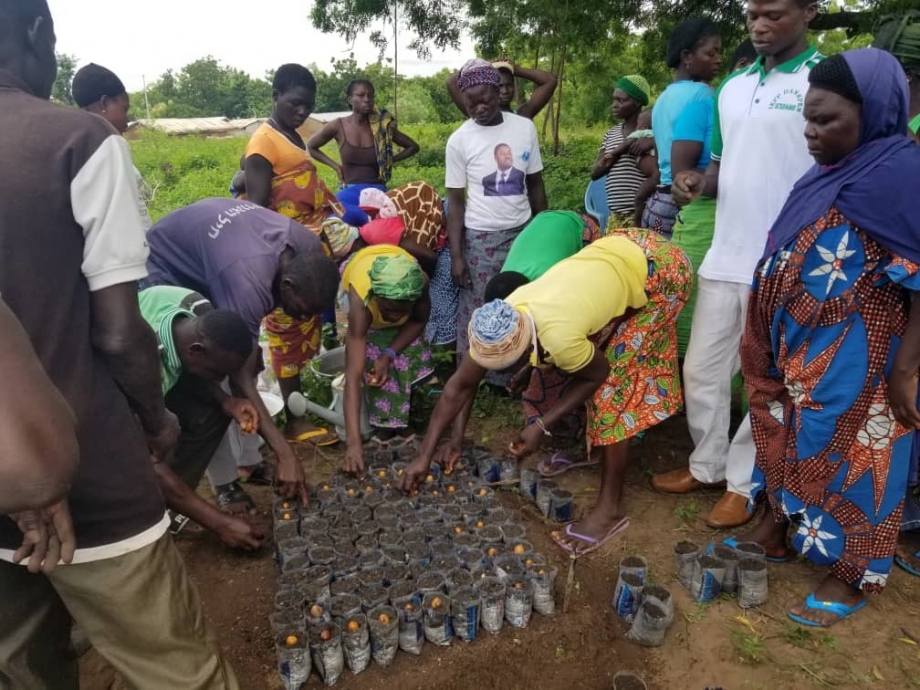
Only 10 percent of global funds reach the local level, with just 1.7 percent accessible to locally controlled organizations. Accessing climate funding can require complicated applications to government and finance authorities.This new toolkit empowers producer organizations to present themselves as the right partners for financing.
Indigenous Insights - Stewarding the Earth
08/12/2021
08/12/2021
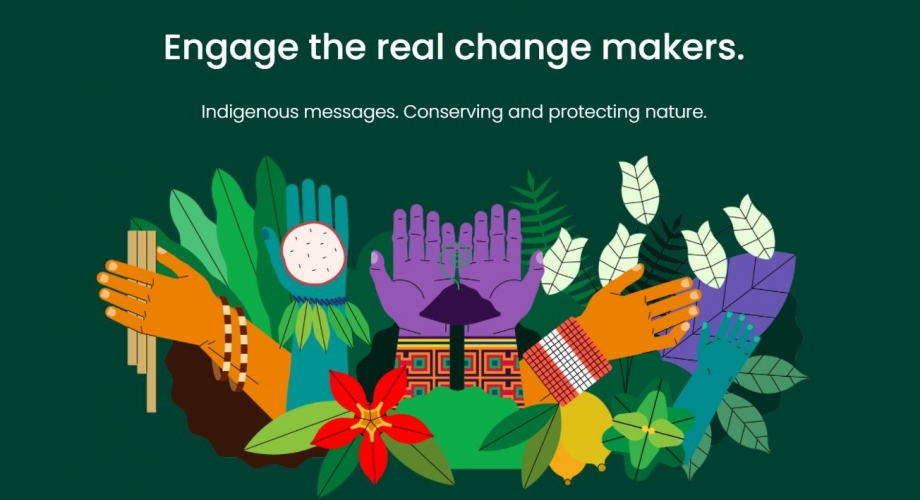
This global campaign was designed in 2021 to amplify messages from Indigenous leaders on conservation and environmental action, and to help raise attention to the World Summit of Indigenous Peoples and Nature hosted at the IUCN's World Conservation Congress.
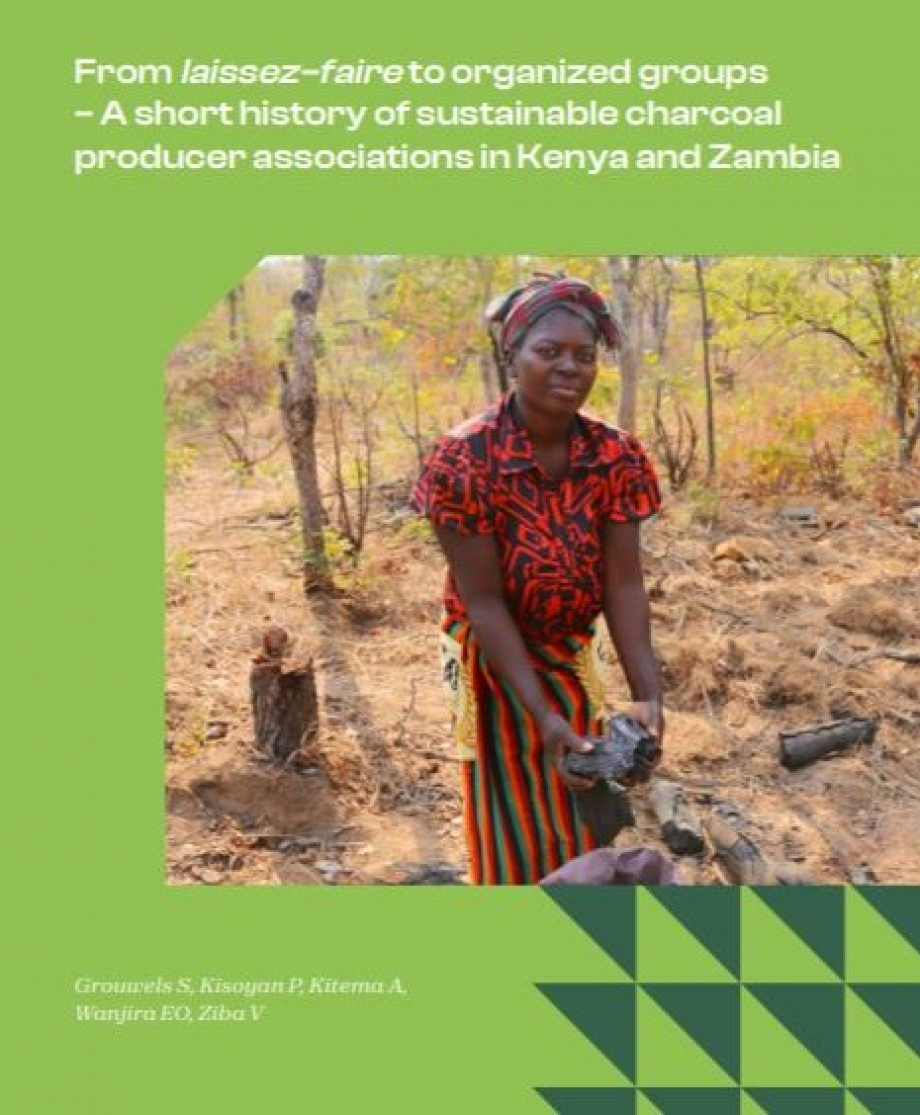
Charcoal production in Kenya and Zambia has traditionally been informal, particularly in poor rural communities with few or no other income-generating options. But in recent years charcoal producers have organized into associations, improved kilns, initiated tree planting and regeneration activities.
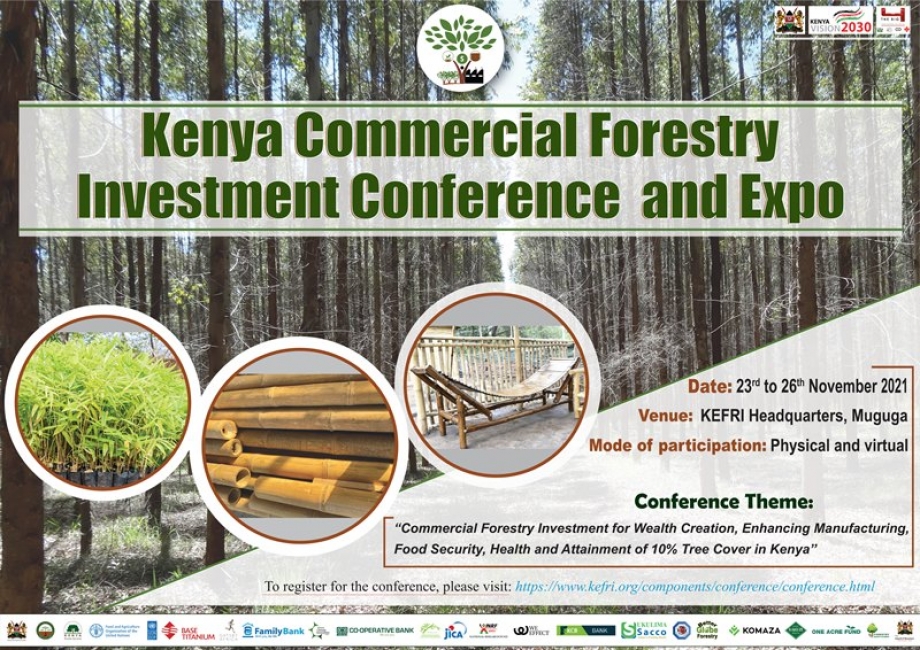
The conference will bring together stakeholders in the commercial forestry sector to discuss Commercial Forestry Investment for Wealth Creation, Enhancing Manufacturing, Food Security, Health and attainment of 10% tree cover in Kenya.
